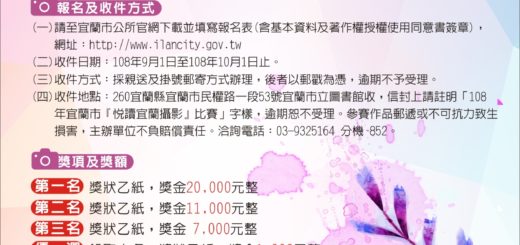The International Image Festival FINI 2018
AS PART OF THE ACTIVITIES OF THE EIGHTH EDITION OF THE INTERNATIONAL IMAGE FESTIVAL (FINI) THAT WILL TAKE PLACE IN THE CITY OF PACHUCA, STATE OF HIDALGO, MEXICO FROM APRIL 26 TO MAY 4, 2018, THE AUTONOMOUS UNIVERSITY OF THE STATE OF HIDALGO (MEXICO) AND ITS BOARD OF TRUSTEES, ISSUE THE FOLLOWING:
CALL FOR ENTRIES FOR THE INTERNATIONAL IMAGE CONTEST OFFICIAL RULES
1 CONTEST OBJECTIVE
To recognize, promote, encourage and diffuse the work of Mexican and foreign students and professionals in different genres, expressions and implementations of image.
The Contest is part of the International Image Festival (FINI), organized by the Autonomous University of the State of Hidalgo and its Board of Trustees, in compliance with the University goals and its commitment to favor culture and arts promotion as well as the reflection on social topics.
The main topic of FINI 2018 will be FRONTIERS, therefore, the works must show and reflect some of the following ideas:
The word “frontier” is generally used to refer to the border between two countries; that is, a natural or conventional limit established in a territory, including air and maritime spaces. Currently, as a result of globalization, those frontiers have become flexible, making trades possible between people and nations (except some cases, like the United States and Mexico, where immigrants are rigorously controlled).
We understand globalization as the economic, technological, political, sociological and cultural process that is characterized by the increasing communication and interdependence between countries joining their markets, people and cultures. This way, frontiers have blurred and are under a transformation process on behalf of social actors, where technology, economy and society play a leading role.
In cultural terms, we talk about “frontiers” to express religious, philosophical, linguistic, academic differences, also differences of beliefs and traditions among people or social groups. In certain situations, “symbolic frontiers” are established when limits or borders in the way of thinking or acting are established, even physical or mental limitations of other people.
Symbolic frontiers are developed as of the interaction with other person, creating negotiation or exchange zones –border identities- or, on the contrary, as of disagreement and conflict separating people, communities, social or cultural groups, regions, provinces, countries and even continents. These frontiers may be intangible but perceptible.
In this regard, the frontier has a double function, isolating but also linking individuals, having a positive or a negative impact on the economic and political development, as well as on the cultural enrichment. We hope that every nation around the world works to achieve a flexible and inclusive model that respects human rights, promoting tolerance among people.



